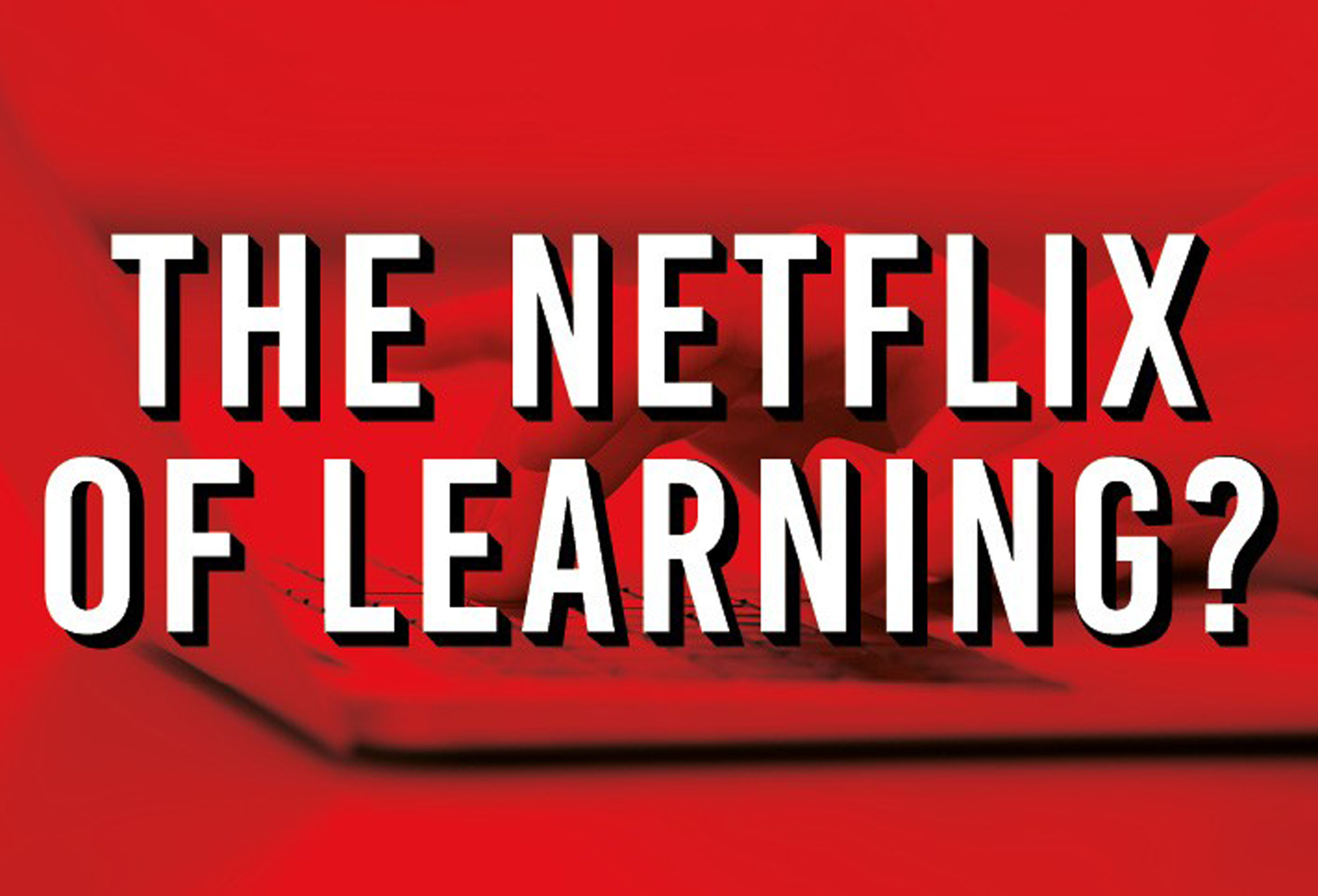The recently published Learning at Work 2023 report by CIPD highlights the misalignment between the ‘Netflix of learning’ concept and the current requirements of employees in today’s workplace.
The latest survey conducted by the CIPD delves into the ways in which learning professionals are adapting to the evolving landscape of work. In this article, we will examine a few notable findings from the survey.
The Insufficiency of the ‘Learning Netflix’ for Contemporary Workplace Training
Learning platforms that offer a vast array of educational resources are often referred to as the “Netflix of learning.” Their primary goal is to make learning more accessible, convenient, and user-friendly for individuals who prefer self-directed learning. These platforms provide a diverse selection of subject materials, giving learners a wide range of options to choose from.
Although there is a vast range of content accessible at all times and from any location, it cannot be assumed that the learning experience will be immersive, extensive, rigorous, capable of offering personalized assistance if necessary or accredited to a professional level.
According to the CIPD, it is crucial to avoid overwhelming individuals with options. People who are knowledgeable about learning theory know that reducing the cognitive burden, making sure the content is related to the task at hand, and providing practice opportunities are vital for effective learning.
The CIPD report recommends that employers give more importance to developing skills rather than focusing solely on content to actively contribute to talent retention. The current methods and tools being utilized are primarily centred around creating content and programs, rather than being effectively utilized to incorporate evidence-based practices like reflection, applying learning, and fostering an environment conducive to continuous growth and learning. Embracing informal and collaborative approaches to learning and development, such as coaching and mentoring, may be necessary, even if it means deviating from traditional methods. In all cases, it requires working intelligently and cooperatively with others.
Employers Must Make Learning Transfer a Crucial Strategic Focus
According to the report, it is evident that 29% of L&D professionals consider addressing the skills gap their top priority. However, they tend to focus more on inputs, such as promoting self-directed learning, than outputs, such as facilitating the transfer of learning at a quicker pace.
Surprisingly, only 8% of organizations prioritize accelerating the application of learned knowledge in the workplace and creating a more comprehensive learning experience for all, considering the broader emphasis on staff retention and the skills agenda. Perhaps if we gave more emphasis to the integration of learning science into our work, it would shape our priorities and decisions.
When creating learning paths and content, it is crucial to prioritize empowering employees to perform their job duties with confidence. It is essential to recognize the significance of adult learning theory, including the often overlooked aspect of allowing time for reflection. Unfortunately, computer-based learning often fails to provide sufficient room for reflection. As the CIPD highlights, strategies to ensure effective learning transfer are becoming more and more important.
Learning and development professionals must embrace strategies to develop skills and alter the behaviours of individuals participating in their training programs. Additionally, learners should be provided with a conducive environment that encourages practice, learning, and embracing failure. Furthermore, learning opportunities should assist employees in their career advancement and facilitate smooth transitions as skills become outdated and new roles emerge.
Unleashing Long-lasting Skills Development through Coach Skills Training
Through our extensive experience working with various clients, we consistently witness the profound impact that coaching skills, coaching, and action-oriented learning have on enhancing employee performance. Regardless of whether we are working with upcoming leaders, middle managers, or team leaders, investing in the development of coaching skills and implementing coaching methods consistently yields improvements in multiple areas, such as employee retention, engagement, productivity, well-being, people management capabilities, and adaptability.
Group coaching training offers a valuable addition to mentorship, on-the-job learning, stretch assignments, and traditional training methods, whether in a physical or virtual classroom. It provides individuals with long-lasting learning experiences and the opportunity to master skills that are applicable throughout their lives. The benefit of coach skills training lies in its ability to facilitate the transfer of knowledge, encourage self-reflection, and allow for immediate application in the workplace. This form of training also yields tangible results in terms of return on investment, contrasting with the CIPD’s notion of a hurried end to a program. Instead, it emphasizes the value created through collaborative efforts with stakeholders.

